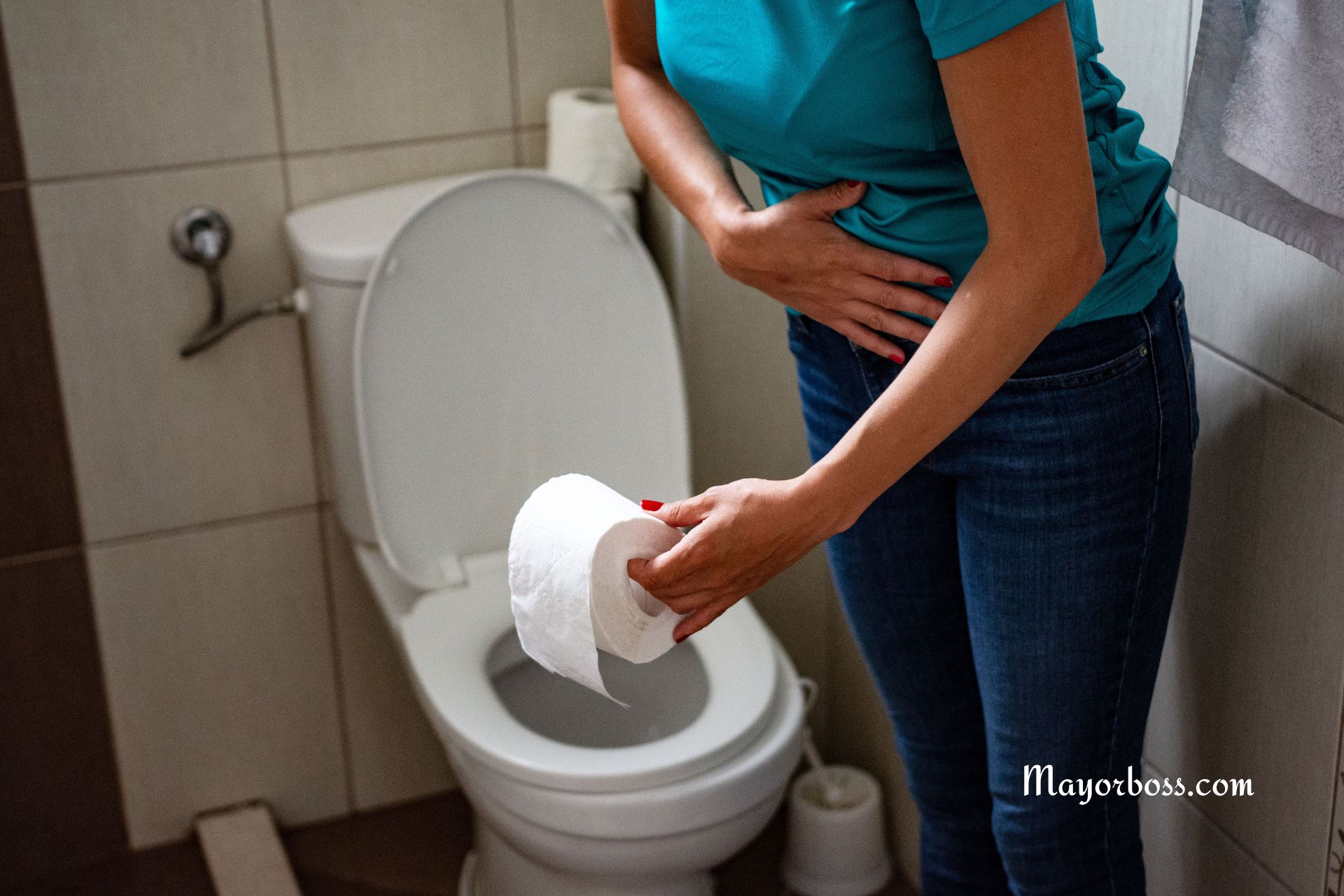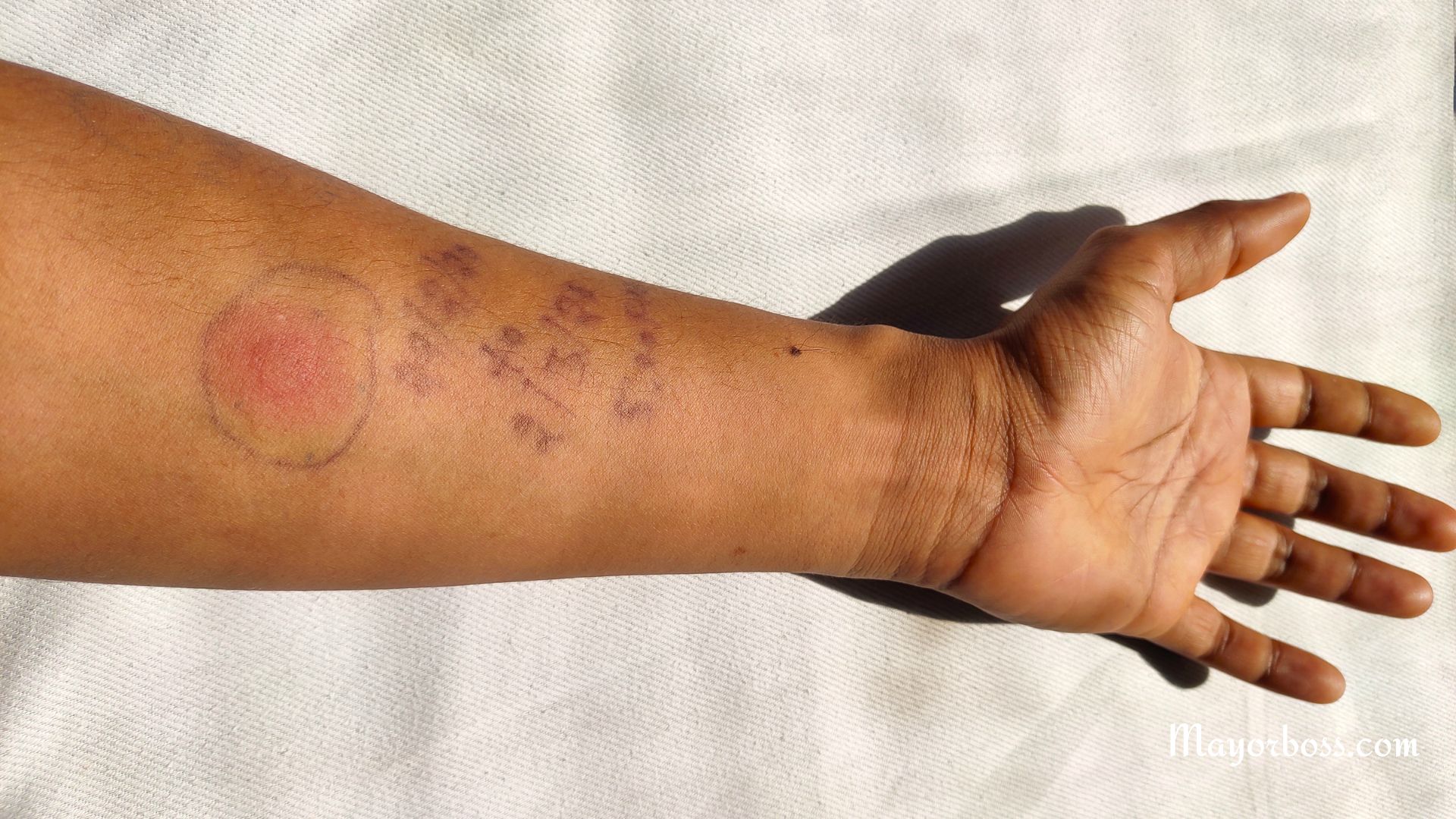90% of Cancer Patients Have These 2 Toilet Symptoms. Do You?
Have you ever paused to think about the early warning signs of cancer? Two seemingly ordinary toilet symptoms are frequently reported by a staggering 90% of cancer patients. This might raise some eyebrows, but these signs are often overlooked or brushed off as minor issues. Today, let’s take a close look at these symptoms and consider whether you should be reaching out to your doctor.

The Alarming Signs You Can’t Ignore
1. Persistent Changes in Bowel Habits
First up, let’s talk about changes in your bowel habits. It’s not exactly dinner conversation, but it’s crucial. Are you experiencing changes in the consistency of your stool? Perhaps it’s looser or harder than usual? Maybe you’re seeing changes in frequency, like going more or less often than you’re used to? This isn’t just a passing inconvenience. For many, it’s one of the earliest whispers of cancer—colorectal cancer, to be more precise.
Now, you might think, “Changes in bowel habits could be anything, right?” And you’d be right—sort of. Often, these changes could be linked to diet or minor infections, but here’s the kicker: when they persist for weeks, it’s a sign that something more serious could be afoot. You see, tumors in the colon can alter bowel movements by obstructing, irritating, or even bleeding into the digestive tract. And yes, that’s as serious as it sounds.
2. Blood in the Stool
Next, let’s touch on a symptom that definitely shouldn’t be ignored: blood in your stool. Spotting blood after a toilet visit can be startling. While this can be from something as simple as hemorrhoids, it can also be a tell-tale sign of cancer. Colon or rectal cancers can bleed into the digestive tract, leading to this frightening sight.
“But how can I tell what’s causing it?” you might wonder. Well, blood from hemorrhoids is typically bright red and noticeable on toilet paper, whereas blood from deeper within the digestive system may darken the stool to a more maroon or black color. If you notice any unusual bleeding, it’s not just a routine issue; it’s a red flag waving at you.
What You Should Do Next
Encountering these symptoms can be a wake-up call to take action. If you’re seeing persistent changes in your bowel habits or noticing blood in your stool, don’t just sit on this information. It’s essential to talk to your doctor. Finding diseases like cancer at an early stage can really make a big difference in how they’re treated. It’s not just about getting treated; it’s about getting the right treatment early.
And let’s be honest, reaching out to a healthcare provider can feel daunting. You might think, “What if it’s nothing?” But what if it’s not? Taking that step to consult a professional can be the key to early diagnosis and peace of mind.
Frequently Asked Questions
1. Are these symptoms always indicative of cancer?
Not necessarily. Other conditions like inflammatory bowel disease, infections, or hemorrhoids can also cause these symptoms. However, the presence of these signs should prompt further investigation by a healthcare provider.
2. What kind of tests might a doctor perform if I have these symptoms?
A doctor may recommend a variety of tests, including blood tests, a colonoscopy, or imaging studies like a CT scan to get a clearer picture of what’s going on inside.
3. How can I best prepare for a doctor’s visit for these symptoms?
Keep a symptom diary detailing what you’ve noticed, including any changes in bowel habits, appearance of stool, and other related symptoms. This information can help your doctor make a more accurate diagnosis.
Don’t let hesitation stand in the way of vital health checks. If these symptoms sound familiar, see your doctor. It’s a simple step that could potentially save your life.






